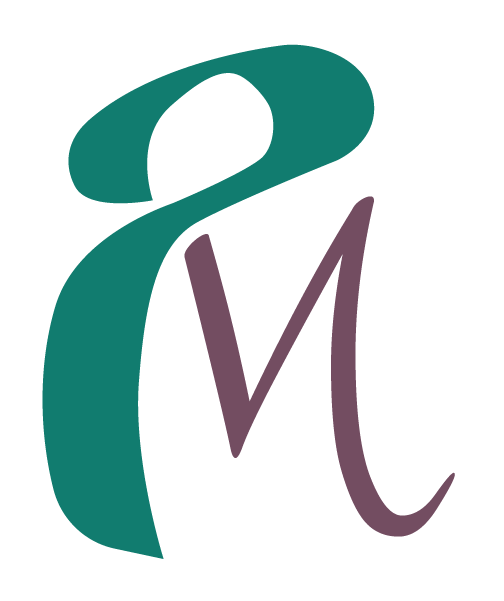Arabization in Morocco (3 of 3)
This series seeks to map shifting levels of language dominance in Moroccan history in order to investigate contemporary developments in government policy. The previous post focused on Colonial Language Policy.
Nationalist Language Policy of Arabization
The Moroccan constitution of 1956 names Arabic as the sole official language, and by the end of the 1950s, a project of Arabization was swiftly in place. A key component of Morocco’s Arabization project was a five-year plan for transforming the school system left by the French Protectorate. It set out the following four goals:

unification of the system, by eliminating the dualism produced by co-existence of the traditional and French systems side by side; universalization of education, by making it compulsory for all children of a certain age; Moroccanization, or the replacement of foreign teachers and other staff by Moroccan nationals; and Arabization, with the aim of making Arabic the sole medium of instruction in Moroccan schools
— (Bentahila 122)
The first three have progressed to gain wide approval. Religious education is integrated into the public school system. Education became compulsory in 1963 for boys and girls ages seven to thirteen. French teachers and staff have largely been replaced by Moroccans in public schools. The fourth objective, however, has encountered long-term challenges.

Initially, the rapid change in policies left schools no time to plan or catch up. As a result of a lack of Moroccan teachers who were trained to teach in Arabic, the quality of education dropped dramatically. Alternatives developed to address the problem. For Jewish students, l’Alliance Israélite Universelle schools carried on with a majority of their teaching in French. However, this did not pose a significant obstacle for Arabization because the schools soon closed due to the massive emigration of Jews from Morocco, particularly in the 1950s and 1960s. The real challenge to Arabization lies in the persistence of French instruction in private schools, especially those of the Mission Universitaire Culturelle Française, which are administered by the French Ministry of Education. As long as the majority of Morocco’s leaders continue to study in (and send their children to) private French schools, French will remain a dominant language. Despite government campaigns to enforce the use of Arabic instead of French in government and education, French remains the prestige language for practical purposes such as education and employment. Moroccans recognize the advantages of French language acquisition for social mobility, and many question the viability of total Arabization.

Policy makers’ disagreements regarding support for Arabization and its wider role in society contribute to the failure of Arabization projects. Abdelâli Bentahila identifies four categories of policy makers: traditionalists, modernists, nationalists, and bureaucrats. The traditionalists originated with the nationalist movement, favor total Arabization, and seek to uphold Arab traditions and Muslim culture of pre-Protectorate Morocco. Modernists, prioritizing economic development over cultural heritage, “are less committed to Arabization; they are more concerned to ensure an effective education which prepares Moroccans for an industrialized modern world, rather than to carry out a hasty Arabization which might result in Morocco’s being isolated from the West” (Bentahila 123). Nationalists see Arabization more as a political project than a cultural or economic one. It represents liberation from colonialism and solidarity with the Arab world. They are sensitive to Morocco’s political image, and criticize Moroccan officials who use French for official business. Finally, the bureaucrats of the ministries support Arabization, but not if it entails a lowering of standards, “they do not find total replacement of French with Arabic to be a very practical proposition” (Bentahila 124). Knowledge of French in the present circumstances opens doors, from the individual to the international levels, for intellectual engagement, professional success, and transnational collaboration. Bentahila concludes: “A too hasty and ill-planned Arabization involving the exclusion of French at all costs would lead to the closing of doors which can profitably be left open, at least for the present” (Bentahila 160).
For Further Reading
Abdelâli Bentahila, Language Attitudes among Arabic-French Bilinguals in Morocco (Avon: Multilingual Matter Ltd, 1983).
